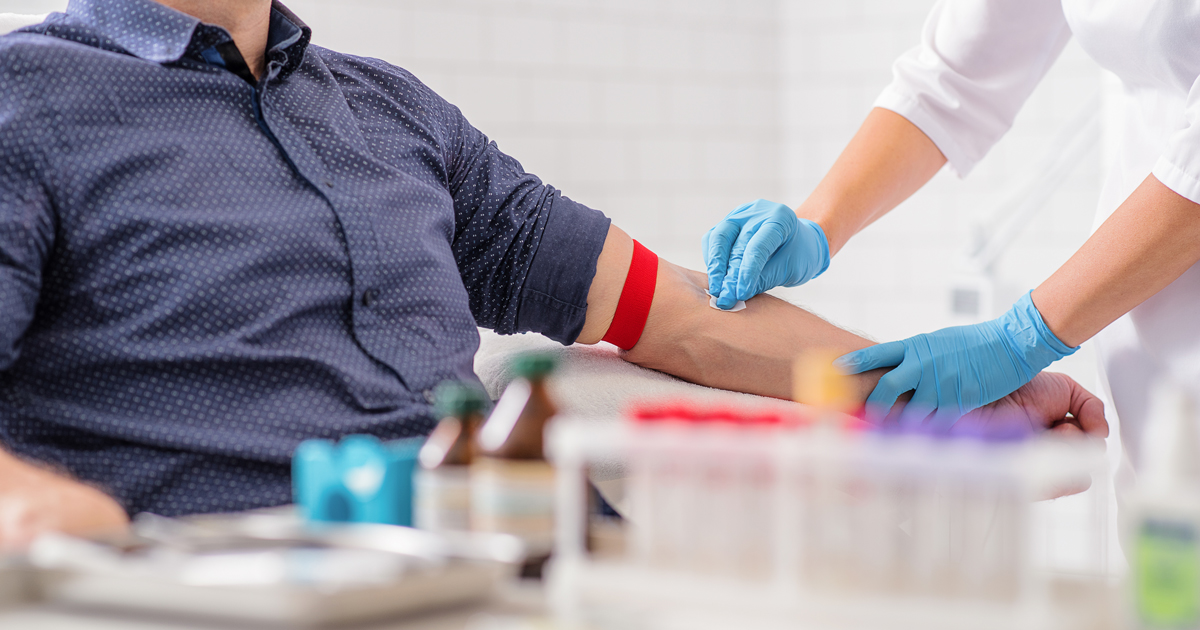Can blood tests help detect cancer?

Blood tests can provide clues to help your health care team identify and treat your cancer, but they shouldn't be used on their own. Typically, other tests are necessary. Below, we explain how blood tests can be used in conjunction with other cancer screenings as well as the type of tests that are best suited to help diagnose and manage cancer.
The role of blood tests in cancer diagnosis and treatment
Aside from leukemia, a broad term for cancers of the blood cells, most cancers cannot be detected during routine blood work. However, blood tests can provide helpful information about:
- Overall health
- Organ function
- Chemicals and proteins in your blood that might indicate cancer
- Levels of blood cells that are too high or too low, perhaps because of cancer
- Whether treatment is effective or if the disease is progressing
- Whether cancer has come back
All blood tests can be done in a doctor's office, clinic or hospital setting, and are typically performed by nurses or technicians. However, they can be administered by a variety of health care providers.
The most effective tests for detecting cancer
Although blood tests are useful, other tests are almost always necessary for diagnosing cancer. These include:
- Physical examinations
- Taking a sample, or biopsy, of the tissue
- Medical imaging, such as X-ray, CT scan or MRI
- Specialized tests, such as a mammogram for breast cancer, a Pap smear for cervical cancer, a colonoscopy for colon cancer, and a CT scan for lung cancer
Many health care providers encourage women to get a baseline mammogram at age 40 and every year thereafter. Women who have a family history of breast cancer should discuss their risk factors with their health care providers and consider screenings at an earlier age.
Similarly for lung cancer, the most common cancer in the world, any individual with a significant smoking history should get a CT scan between 50 and 80 years old. During a CT scan, you lie on a table and an X-ray machine uses a low dose of radiation to make detailed images of your lungs.
The importance of early cancer detection
Regardless of your type of cancer, early detection is key to ensuring optimal outcomes.
"Early detection of cancer is important because cancer is typically divided into various stages depending on what part of the body it's involving," says Nebraska Medicine cancer doctor, Apar Kishor Ganti, MD, MS. "So, if we can detect the cancer at an earlier stage when a patient doesn't have as many symptoms, there is a better chance their cancer can be cured."
Call 402.559.5600 to book an appointment with a cancer specialist.





